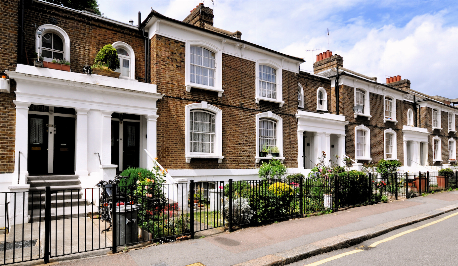If you’re considering buying or selling your home in 2021, here are a few things to consider.

Expect delays
According to Rightmove, there are currently 613,000 properties trying to reach completion. Their latest data revealed that it’s taking 126 days from the time an offer is accepted until legal completion – just over four months to complete the selling process. If you are buying or selling your home this year, be aware that you may experience delays.
While it may take a while, the process will depend on a few things. For example, if you’re a cash buyer you may be able to move more quickly, however, if you are in a chain, the local searches may take longer than usual.
Stamp Duty Savings
Rightmove estimates that around a million sales currently going through, will miss out on the stamp duty savings. If you are in the process of selling your home and feel you or your buyer may be purchasing a property in the hope to save on stamp duty, speak to your estate agent as soon as possible and seek advice – you may be able to avoid the purchase falling through by renegotiating the price.
The temporary stamp duty holiday that started on 8th July 2020 is due to end on 31st March 2021. With this in mind, Rightmove recommend that you should not factor in stamp duty savings from the temporary holiday – this will be more beneficial to first-time buyers who are buying a property for no more than £300,000.
The Current Market
Buyer activity has increased since the first lockdown back in 2020, many have reconsidered their housing priorities as the market has remained open during the current lockdown. Rightmove believes there are signs we are surpassing 2020’s new year surge activity.
Research from the online property portal reveals that the number of prospective buyers contacting agents between 2nd and 12th January 2021 was up by 12% and sales agreed numbers were up by 9% on the comparable period last year.
Visits to the Rightmove website have also continued to increase since the start of January and are up by 33% from the same period in 2020.
Resident property data expert, Tim Bannister, explained that the housing market is experiencing a processing logjam, with some homemovers likely to miss out on their stamp duty savings.
He said, “As we enter the new year and a new lockdown, the housing market remains open but is focused on the imminent end of the stamp duty holiday and on the challenges of the pandemic.”
Matthew Smith, Sales and Lettings Director at Thornley Groves in Manchester, said, “Many people have outgrown their homes and, with more people now working from home and undertaking home schooling, it has really focused their attention on getting their properties ready to sell.”
If you are considering buying or selling your home or you are close to remortgaging your home, get in touch with us and we can discuss your options.
For more information click here







